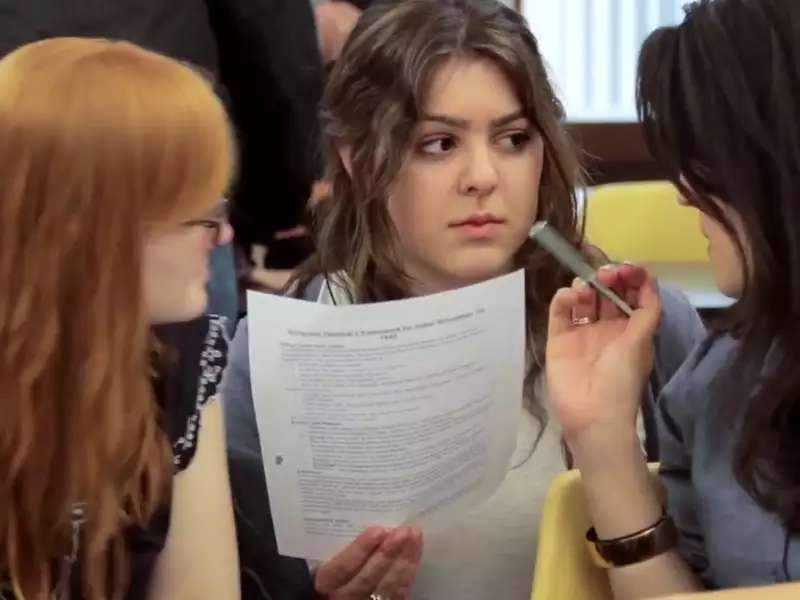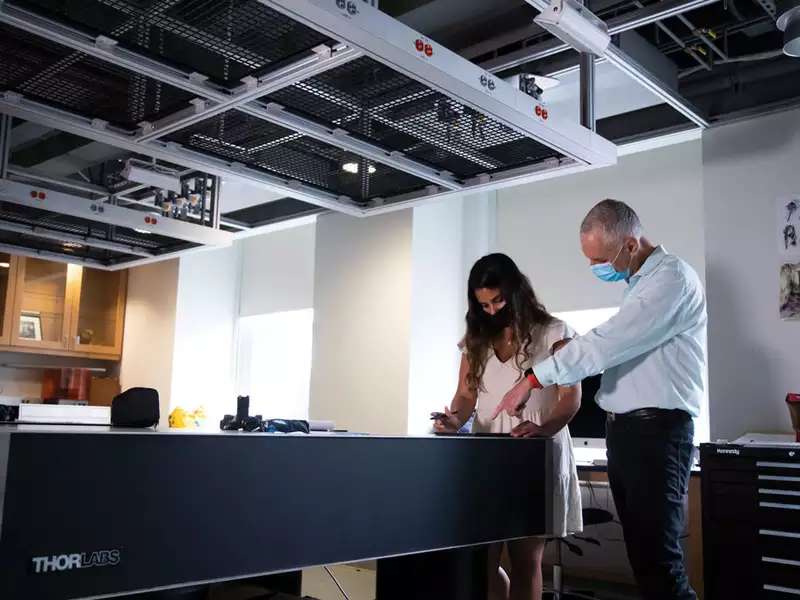FIRST-YEAR FEATURED COURSES
The History Department offers something for everyone. These courses are open to first years, transfers, and all students interested in exploring History! Stay tuned: this list is in the process of being updated.
South Asian Diasporas, with Prof. Rao BC2859
This course focuses on the migration of people originating from the Indian subcontinent into a global horizon, and the multi-dimensional array of economic, political and cultural relationships produced between diasporic communities, their places of origin, and their places of arrival.
Check out this course if you:
-would like to read fiction in addition to historical scholarship
-want to learn how to annotate reading materials
-are excited to learn more about NYC through walks in the city and short ethnographic write-ups
World Migration, with Prof. Moya BC2980
This course explores the role of migration in the evolution and global spread of our species and in the emergence of race, ethnicity, inequalities, and mixing. Sessions on prehistory, ancient Rome & Egypt; the spread of Judaism, Christianity and Islam; Viking, Mongol, and Arab invasions; colonialism and slavery; the European, Chinese and Indian diasporas; and current migrations and debates.
Check out this course if you:
-Have an interest in thinking through the deep historical context of an issue of immense contemporary significance in our city, country, and world.
Early America to 1763, with Prof. Lipman BC2549
This course examines the three critical centuries from 1492 to 1763 that transformed North America from a diverse landscape teeming with hundreds of farming and hunting Native societies into a partly-colonized land under the sway of the Spanish, French, and British empires.
Check out this course if you:
-Want to learn more about Indigenous nations, European colonies, and the Atlantic slave trade
-Want to read primary sources on the culture of enslaved peoples, witchcraft, Native politics, and colonial rebellions
History of Globalization, with Prof. Alacevich BC2963
This course explores the history of globalization and its interpretations over the past six centuries. We will discuss constitutive elements of globalization, such as empires, trade and capitalism, slavery, and migratory movements, its environmental and ecological dimensions, and how it intersects with questions related to sovereignty, hegemony, and inequality.
Check out this course if you:
-are interested in mixing historical, economic, and sociological analysis;
-want to get the big picture of global phenomena like trade wars, global inequality, and migrations, and their historical roots;
-would like to improve your ability to interpret graphs but fear they are too complex and scary (they are not).
Of interest to students of: history, economic history, economic sociology, international political economy.
Intro to European History from the Renaissance to the French Revolution, with Prof. Valenze BC1101
From 1450 to 1789, Europeans pursued their wildest desires for riches, power, truth, and beauty. The legacy of their ideas and actions shape our world today: Renaissance ideals and education; conflicts generated by long-distance trade; religious rebellion and toleration of difference; innovative scientific inquiry; transformative modes of production and consumption; and fearless curiosity associated with the word “enlightenment.”
Check out this course if you want to:
-experience history through art images and music
-find out how people in earlier centuries lived, worked, what they wore, and what they ate
-learn how to formulate good historical questions and write better essays
Introduction to the Global Middle Ages, with Prof. Delvaux BC1062
This course introduces students to medieval history and the methods historians use to study the premodern world. Topics include the fall of Rome, the rise of Christianity, the Islamic Conquests, the Polynesian and Viking expansions, the Black Death, and more.
Check out this course if you:
- are interested in big stories that still shape the world around us
- want to learn how archaeology and artifacts are used by historians
- think medieval pop culture is cool and want to know more about it
---------------------------------------------------


